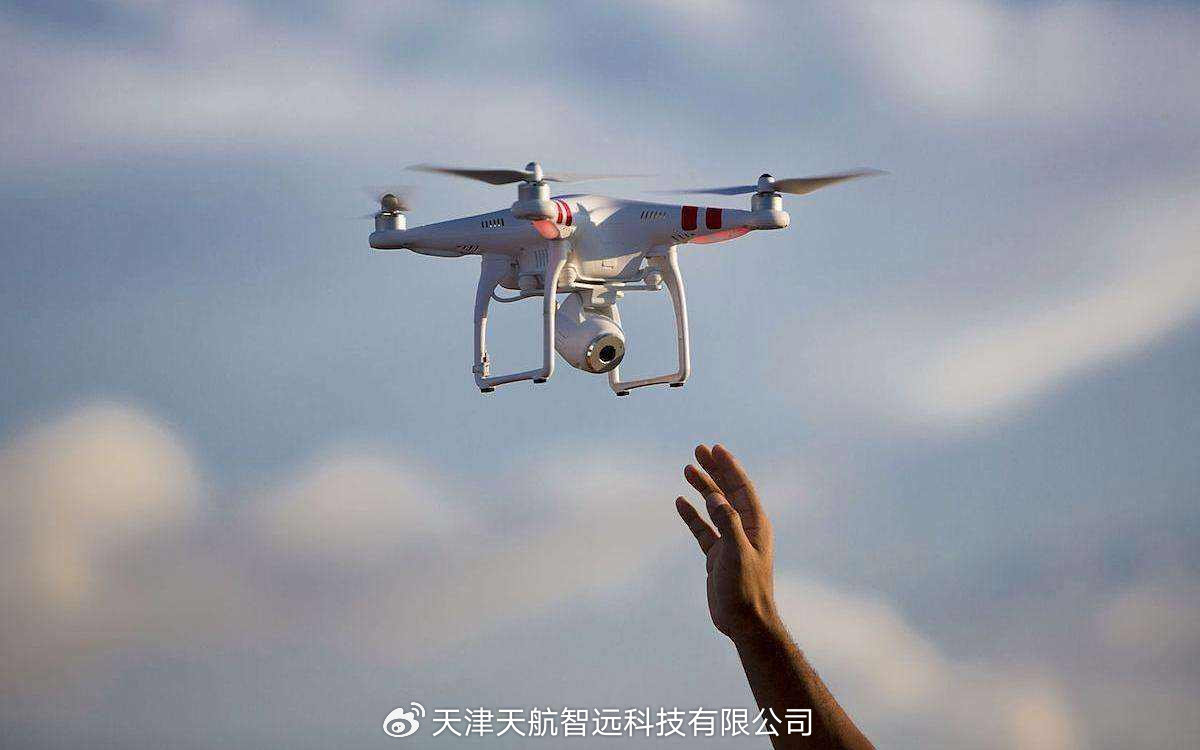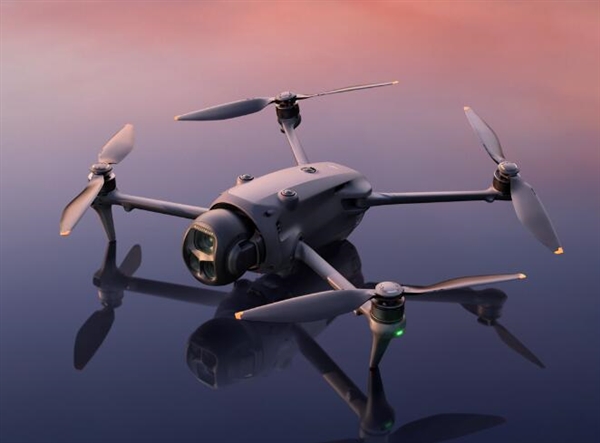In the evolving world of agriculture, technology plays a crucial role in transforming traditional practices into more efficient and advanced methods. One such innovation is the use of agriculture drone spraying technology, a game-changer that promises to elevate crop yields and optimize the usage of resources. This modern agricultural wonder has a profound impact, revolutionizing the way farmers approach crop management and pest control.
As drones become more accessible, their application extends beyond the hobbyist realm into industries that require precision and efficiency. Agricultural drones equipped with spraying mechanisms provide unparalleled advantages; they offer precision delivery of fertilizers, pesticides, and herbicides, ensuring that every part of the field receives the exact amount of input needed. This level of precision is not achievable by traditional methods, such as tractors or manual spraying, which can lead to uneven distribution and wastage.
The Advantages of Drone Spraying in Agriculture
Drone spraying technology presents numerous benefits. Firstly, it significantly reduces the amount of chemicals needed, thus lowering costs and minimizing environmental impact. This is crucial in an era where sustainable farming practices are more important than ever. By reducing chemical runoff into nearby water resources, drones also contribute to the preservation of local ecosystems.
Moreover, drones offer a much faster application process compared to ground-based equipment. This speed ensures timely treatment, which is vital in preventing pest outbreaks before they devastate crops. The ability to swiftly respond to changes in field conditions allows farmers to maximize yields and improve the quality of their produce.Drones also excel in accessibility, reaching difficult terrains that are otherwise inaccessible by traditional machinery. Steep hillsides or muddy fields can be easily navigated with drone technology, ensuring no part of the crop is left untreated. This ability to cover more ground in less time directly contributes to increased agricultural productivity.
Implementing Drone Technology in Modern Farming
The integration of agriculture drone spraying technology into modern farming practices is steadily growing. Farmers equipped with drones are able to monitor crop growth and soil conditions from an aerial perspective, allowing for informed decision-making. This aerial surveillance capability is augmented by the use of advanced imaging technologies, such as multispectral cameras, which provide real-time data on plant health and field hydration levels.
Investing in drone technology entails initially high costs, but the long-term savings and efficiency gains outweigh these expenditures. Many governments recognize the potential of this technology and offer subsidies or incentives to farmers keen to adopt these innovative practices. Coupled with an increasing supply of skilled drone operators, the agricultural sector is positioned to embrace a future where drones are integral to farming operations.
Farmers are also turning to data analytics to maximize the benefits of drone spraying. The data collected from drone flights can be analyzed to highlight trends in weather patterns, pest infestations, and crop health, enabling the application of predictive agriculture. Predictive analytics helps in anticipatory planning, ensuring farm managers have the tools they need to meet future challenges head-on.
Common Questions about Agricultural Drone Spraying

- How effective is drone spraying compared to traditional methods?
- Drone spraying is significantly more effective due to its precision application capabilities, reducing chemical waste and evenly distributing inputs where needed.
- Are there environmental benefits to using drone spraying technology?
- Yes, drones help minimize chemical runoff and reduce the overall environmental impact, contributing to sustainable agriculture practices.

Conclusion
Agriculture drone spraying is not just a trend but a necessary evolution in farming technology. By maximizing efficiency, reducing waste, and enabling detailed farm management, drones are paving the way for more sustainable and productive agricultural practices. For anyone involved in agriculture, embracing drone technology is synonymous with staying ahead in an increasingly competitive market.